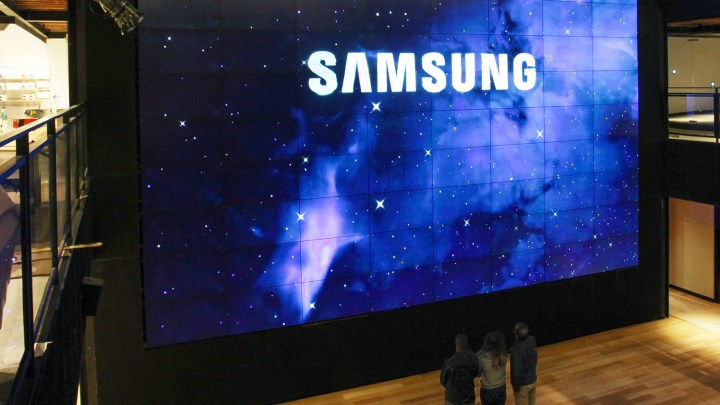
Samsung is looking to acquire a stake in Chinese carmaker BYD, according to Reuters. The Korean electronics giant is reportedly aiming to create a new market for its chip business as the smartphone market slows. Samsung will pay 3 billion yuan ($450 million), giving the Korean firm a 1.92 percent stake in BYD and making it the carmaker’s ninth largest investor.
Updated on 7-22-2016 By Stephen Edelstein: Added the amount to be paid by Samsung, and the size of the stake purchased.
BYD (the name stands for “Build Your Dreams”) is one of China’s highest-profile carmakers. It’s backed by Warren Buffett’s Berkshire Hathaway, and is a major producer of electric cars and plug-in hybrids. Last year, it sold more of those two types of vehicle than any other company. BYD has made sporadic attempts to enter the U.S. market, including limited sales of electric buses.
Samsung also isn’t entirely new to the automotive field. It started its own car division in the 1990s, and then sold it to Renault. Now known as Renault-Samsung Motors, it sells rebadged Renault and Nissan models. Samsung’s SDI battery division also supplies batteries to multiple carmakers, and will supply them to Audi for the German brand’s upcoming all-electric SUV. However, Samsung said battery supply will not be part of the BYD deal.
There is a lot of potential room for companies like Samsung to get involved in the car business. The increased importance of infotainment systems and the hardware needed to enable autonomous driving has made electronics in automobile more important than ever. Samsung could be interested only in supplying components, rather than using BYD as a stepping stone to building its own cars.
BYD appears to have shelved its plans for selling cars in the U.S., but Chinese-made cars are coming to our shores. General Motors has already committed to importing the Buick Envision and Cadillac CT6 Plug-In Hybrid from China, while Chinese carmaker GAC plans to attend the 2016 Detroit Auto Show to feel out the U.S. market.


